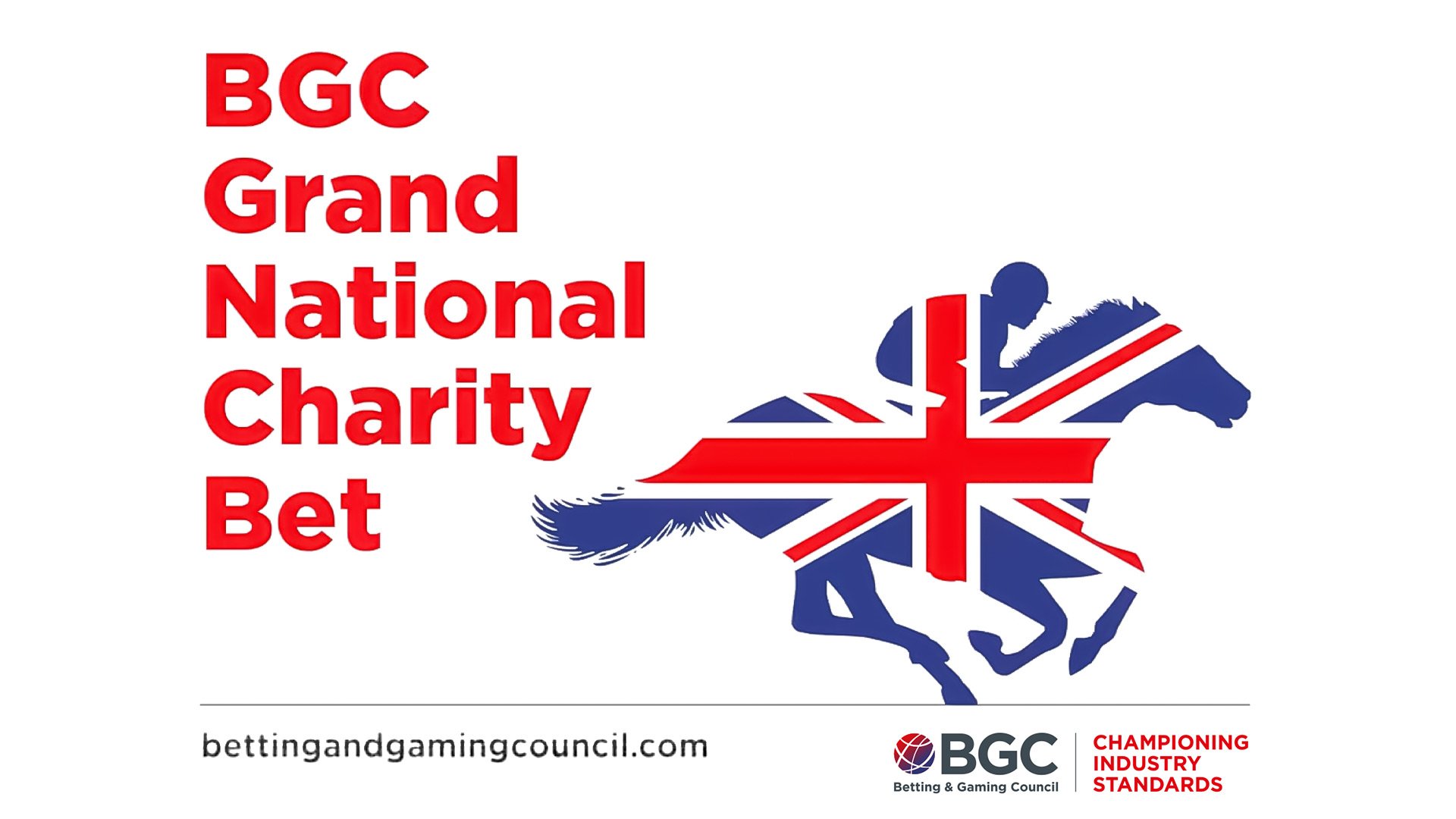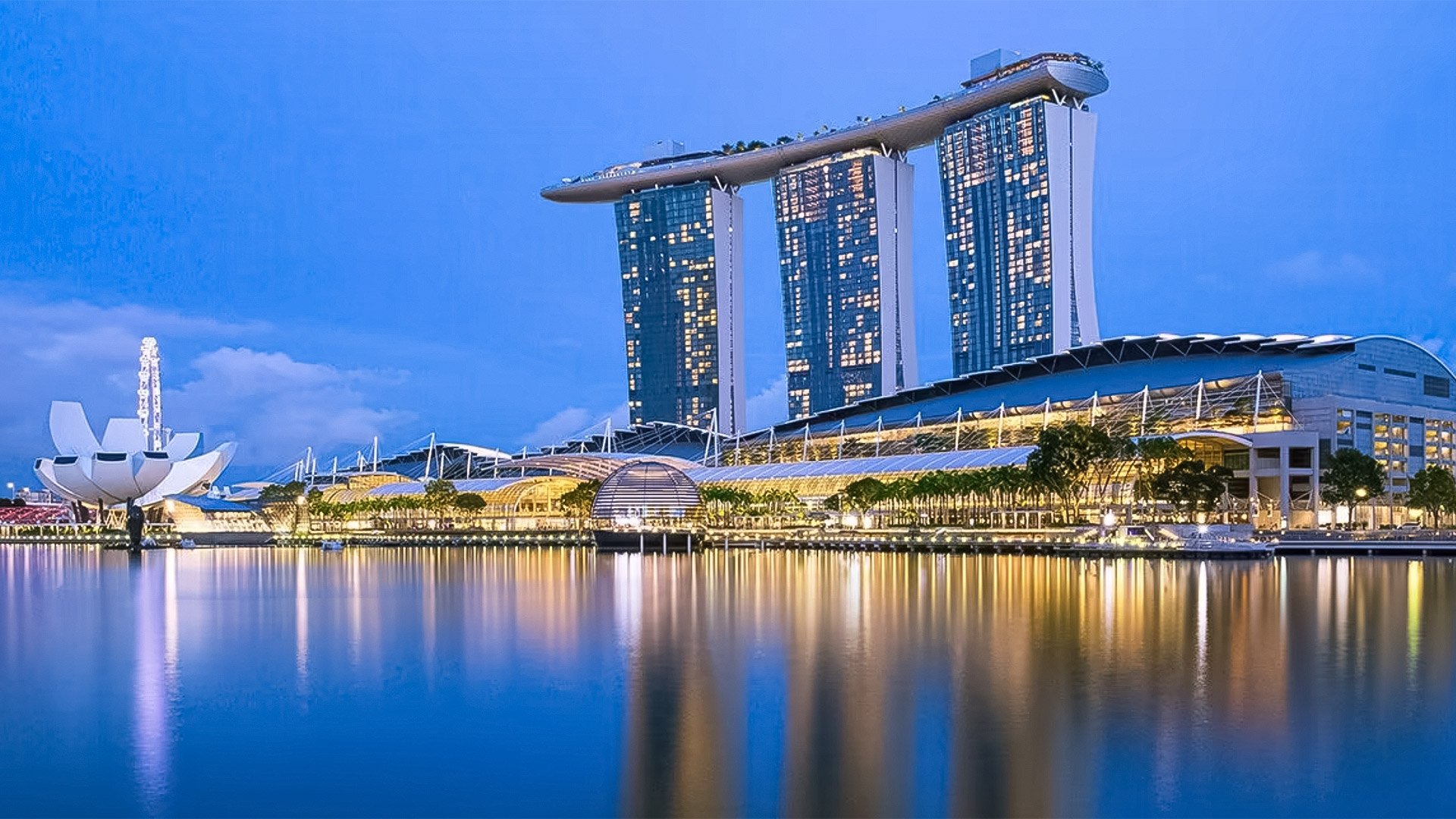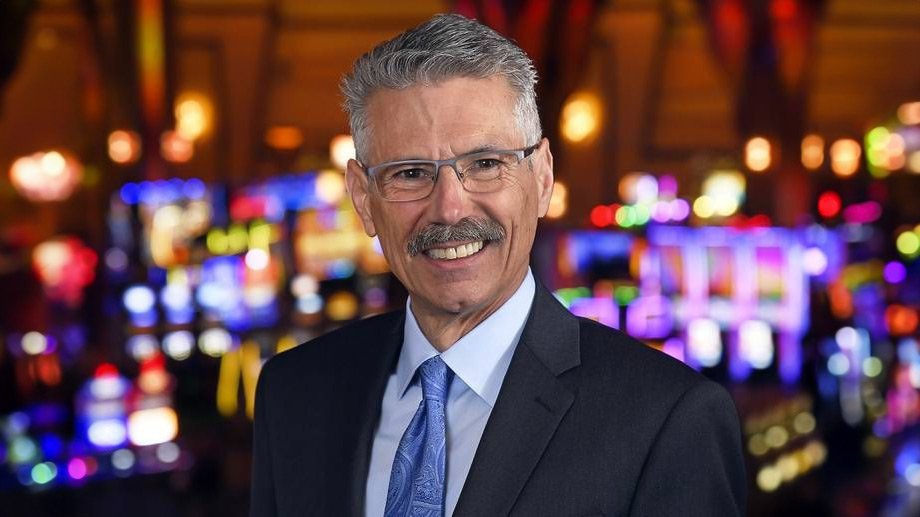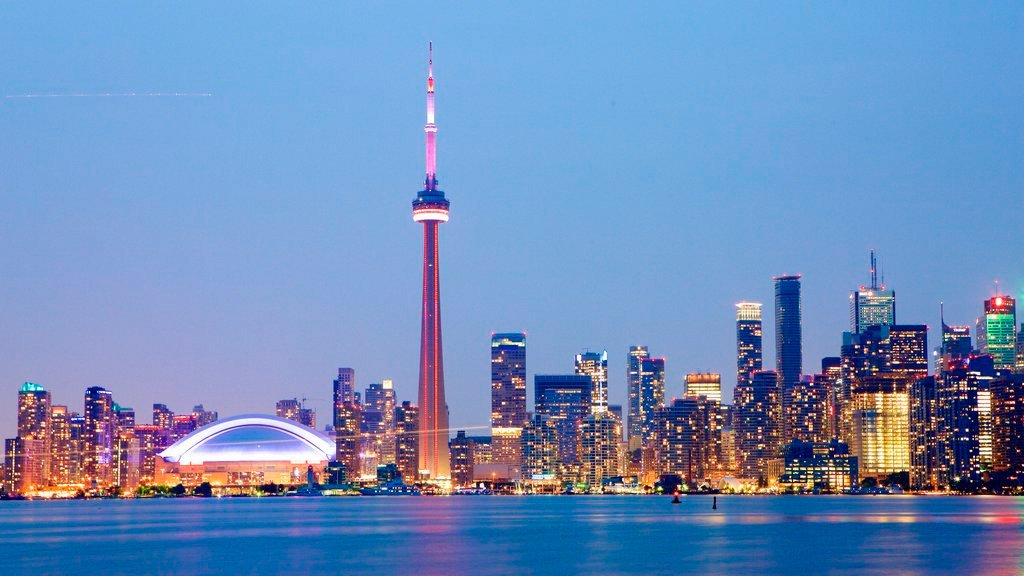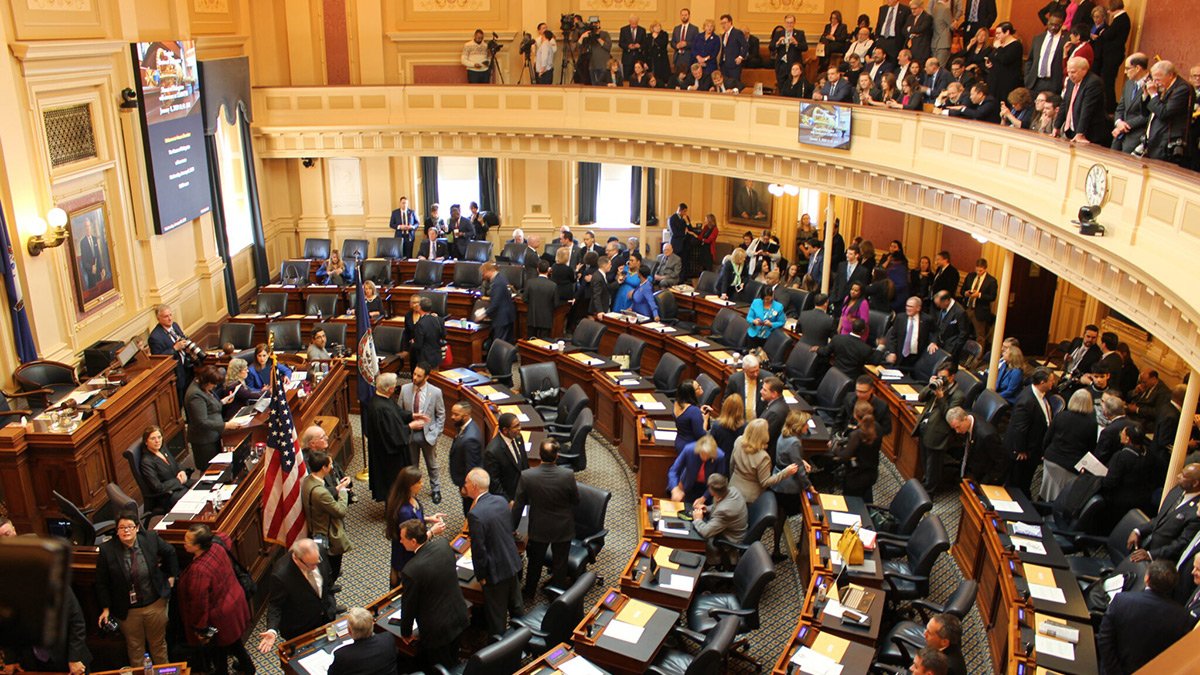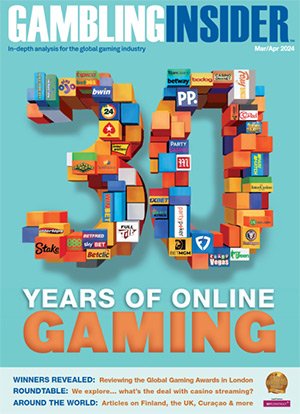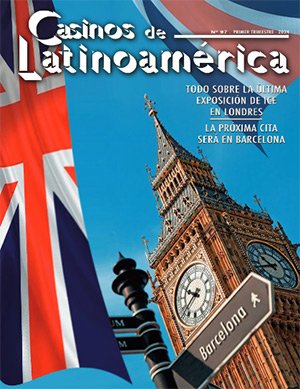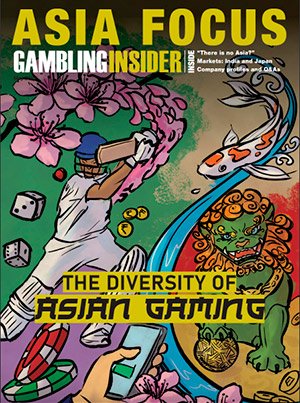Draconian gambling rules risk driving punters to the black market
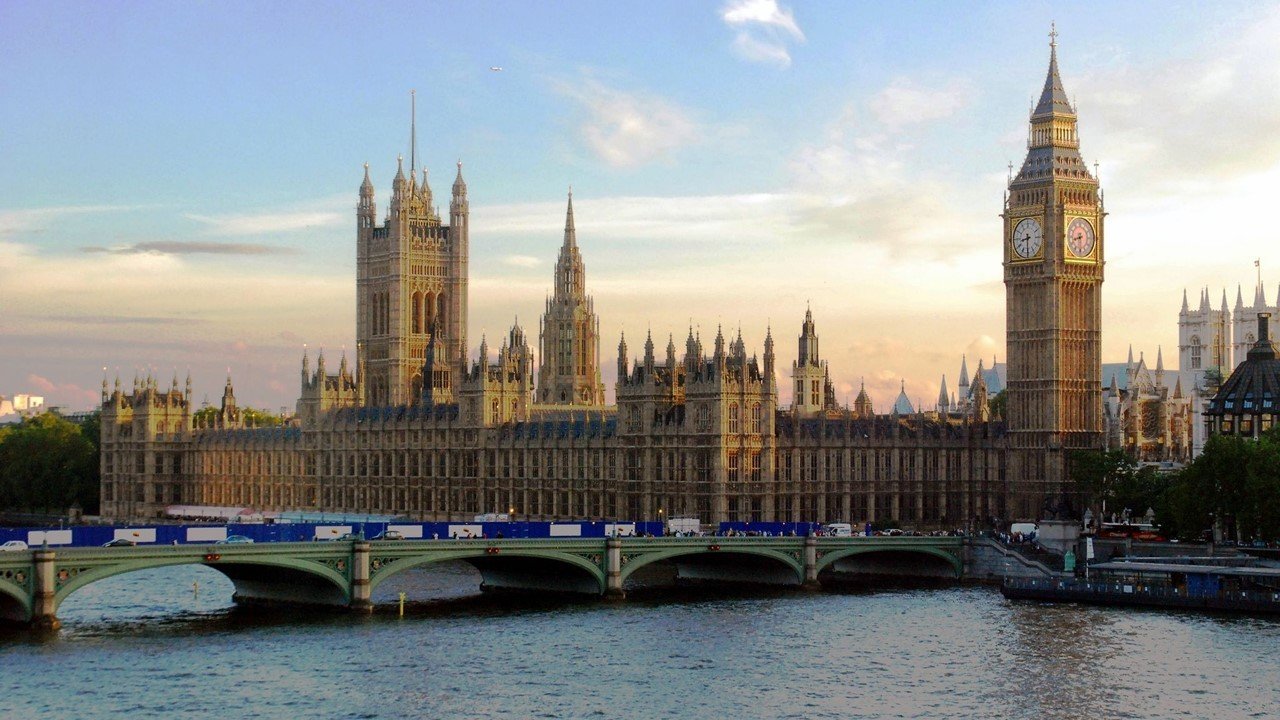
Michael Dugher was appointed as the Betting and Gaming Council’s (BGC) first Chief Executive in December 2019. He was previously CEO of UK Music and a member of the Government’s Creative Industries Council.
Dugher was MP for Barnsley East for seven years from 2010, during which he served in the Shadow Cabinet including as the Shadow Secretary of State for Culture, Media and Sport. Before that, he spent most of the previous decade working in Whitehall in a variety of senior roles as a Special Advisor, including at No. 10 Downing Street as Chief Political Spokesman to the Prime Minister.
As the UK Government is closer to releasing a White Paper on the long-awaited UK Gambling Act Review, the CEO of standards body Betting and Gaming Council, Michael Dugher, warns in his latest column about the risks of anti-gambling lobby and proposals to bring "draconian restrictions" that could increase illegal market levels in the United Kingdom.
600 million people, in over 140 countries and from every conceivable background, tuned in to watch this year’s Grand National. I was at Aintree along with thousands of other people out to enjoy themselves after so many months of miserable lockdowns and government covid restrictions.
Millions of us also enjoyed a flutter on the race. But for 22.5 million adults, gambling isn’t something they do once a year, it’s something they do every month. That can be watching the racing, buying a lottery ticket, playing bingo and casino games, or having bet on the football and other sports. But the freedom to have a wager is under threat from a tiny minority of anti-gambling prohibitionists who are determined to make a betting the latest victim of the nanny state.
The Government is right now putting the final touches to an overhaul of gambling laws which could have far reaching consequences. A small but noisy anti-gambling lobby are demanding draconian restrictions for an activity they don’t approve of. They want sports sponsorship and advertisement bans, an end to promotions like free bets, a brand new tax on the industry, and blanket so-called ‘affordability checks’ if someone wants to spend even £23 a week. Gamblers could be forced to produce their bank statements and payslips before having a bet.
There’s much at stake for the country too. The regulated betting industry supports 119,000 U.K. jobs, generates £4.5bn in tax and contributes £7.7bn to the economy. It provides a lifeline to many of the nation’s favourite sports, many of which were hard hit by the pandemic. Betting puts £350m into horse racing, £40m into the English Football League and £12.5m into snooker, darts and rugby league.
But there’s an even bigger risk if ministers mess up changes to betting. Gambling on global black market websites operating in the U.K. is now in the billions of pounds. The number of punters who’ve already been driven to the unsafe, unregulated black market online has doubled in recent years.
These are warning signs but there are also lessons from abroad. Norway was once hailed as a shining beacon of regulatory reform after introducing stake limits, affordability checks and advertising bans. But as a result, customers flocked to the online black market, which now accounts for over 66 per cent of all money staked there. France banned online casino gaming and now 57 per cent of money staked there goes to black market operators. In Norway, 1.4 per cent of their population are problem gamblers. In France, it’s 1.6 per cent. And it’s the same story in Spain, Denmark and Italy. All saw spikes in dangerous black market use paradoxically after bringing in regulations to prevent gambling harm.
To give some rare perspective to this debate, rates of problem gambling in Britain are now at 0.2 per cent – down from 0.4 per cent the year previous, according to the independent regulator the Gambling Commission. This is down to recent changes and rising standards in what is an already highly regulated industry.
Perspective is certainly something the Government’s ‘red wall’ voters have. When opinion research firm Public First carried out focus groups in the seats the Conservatives must hold, many voters said they saw betting as part of their culture. And after two years of being told what they could and could not do during the pandemic, they were hostile to the suggestion that politicians or bureaucrats might start interfering in what they choose to do with their own money.
In the aftermath of Partygate, Downing Street have been anxious to reassure Conservative MPs that there has been a ‘reset’. No 10’s new high command, like Andrew Griffith and Steve Barclay, have said it’s time to get the economy moving again and that means getting the State out of the way.
Everyone, including the industry, accepts there needs to be changes to the way gambling is regulated, especially online, but future restrictions should be targeted at those who are problem gamblers or those at risk. Everyone else should be left in peace. By the time millions of us watch next year’s Grand National, we’ll know if the Government’s reset actually means anything.
*This article was originally published in the Daily Telegraph, and then on BGC's website on 14 May.



